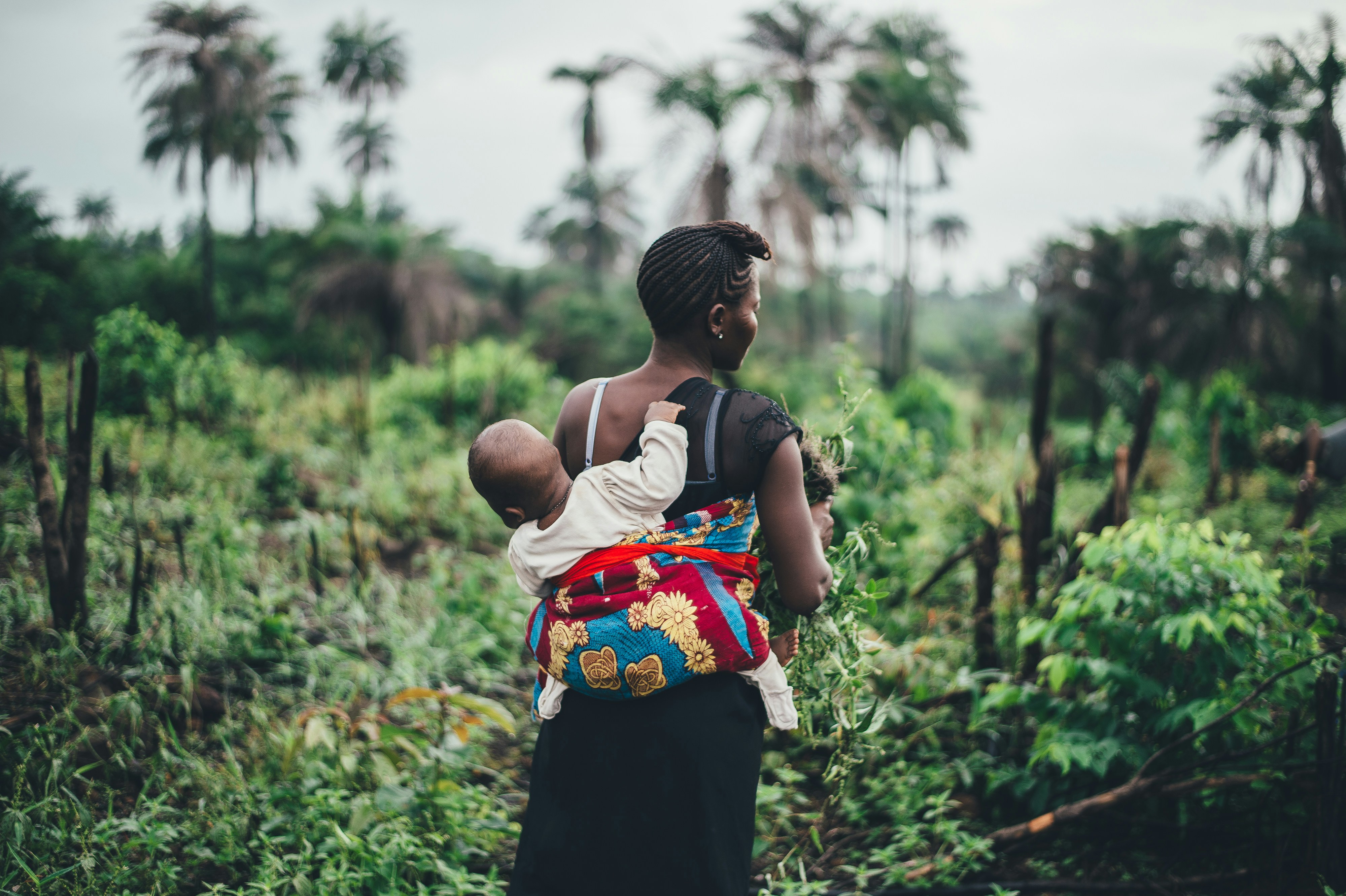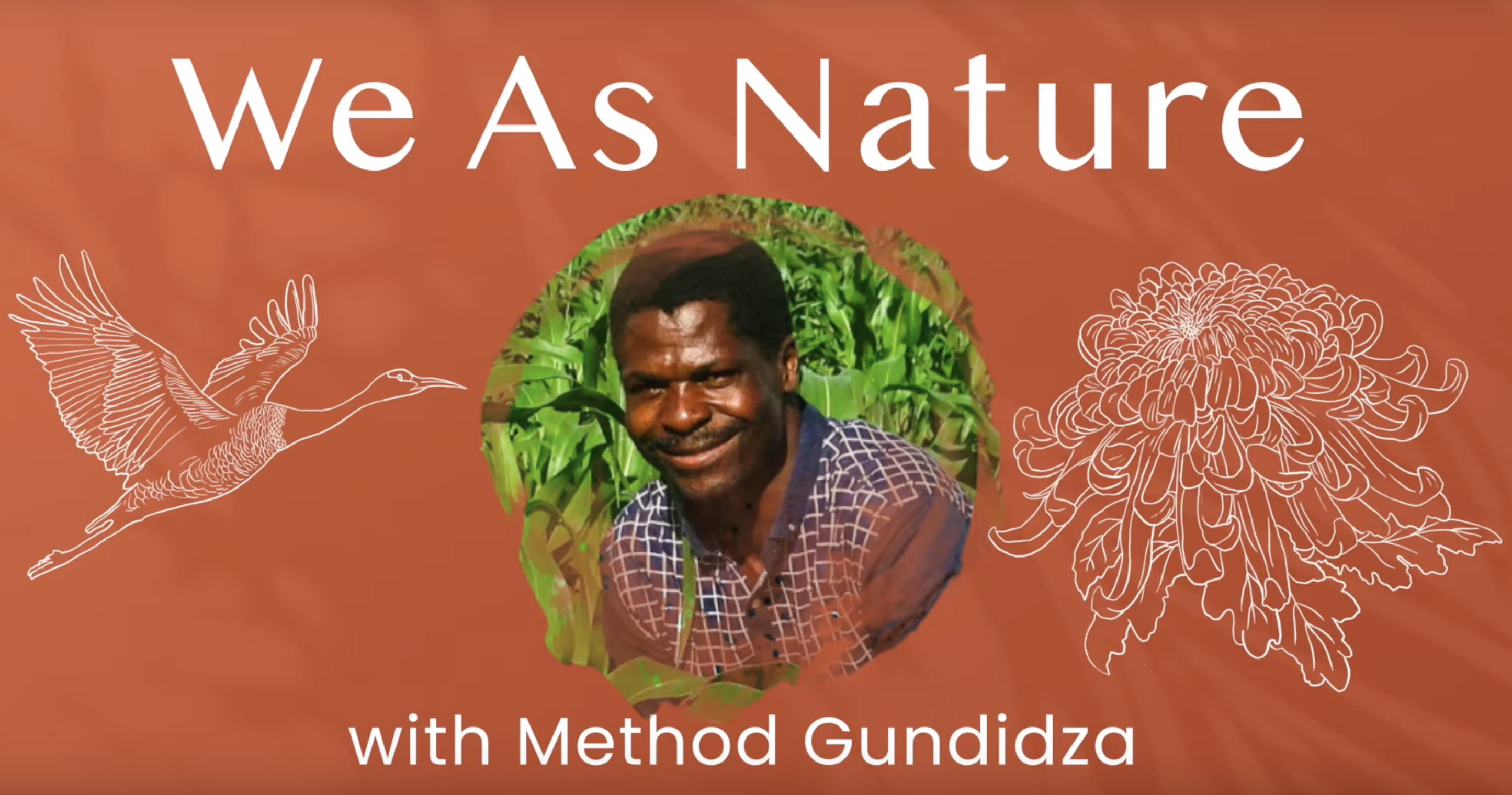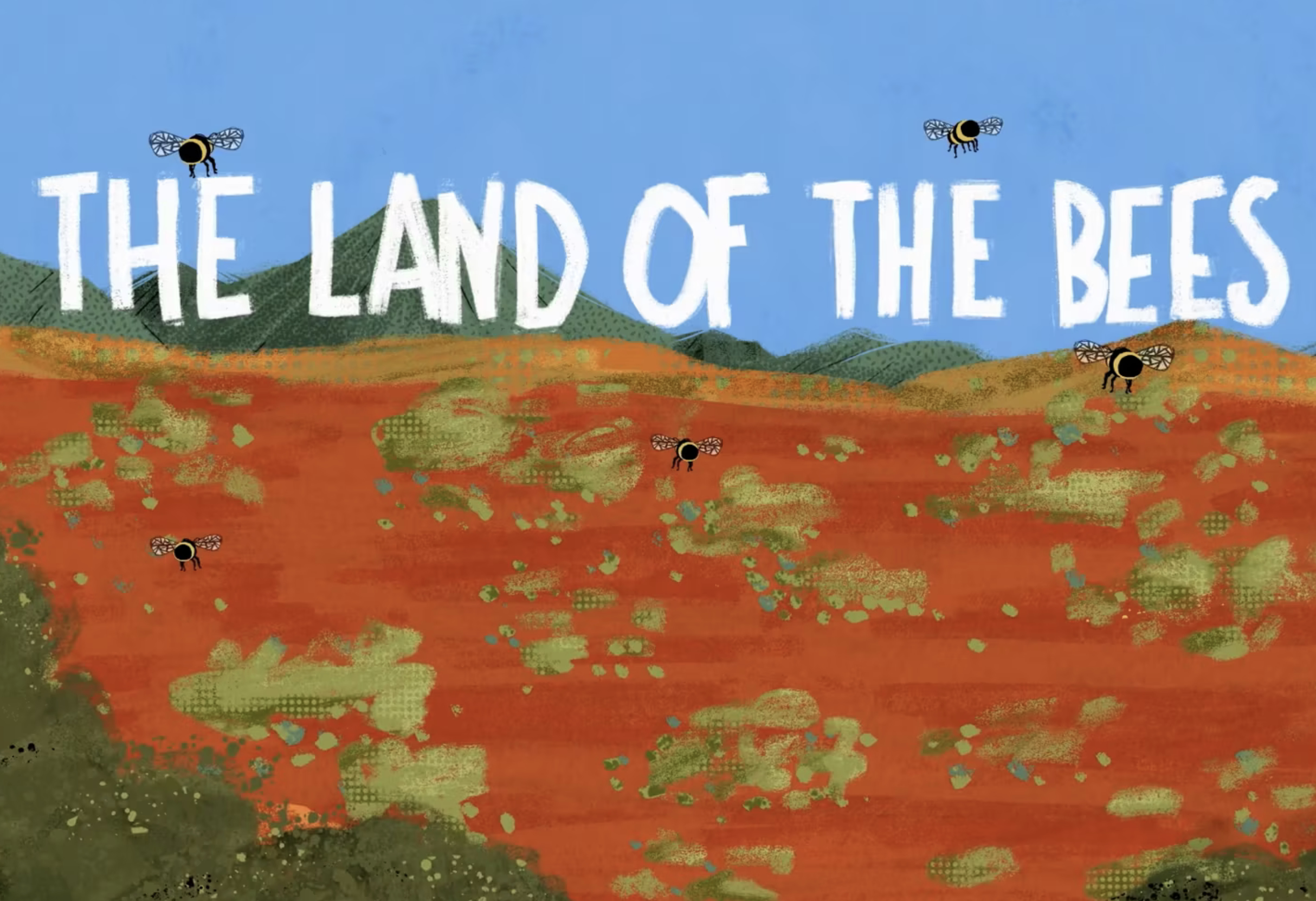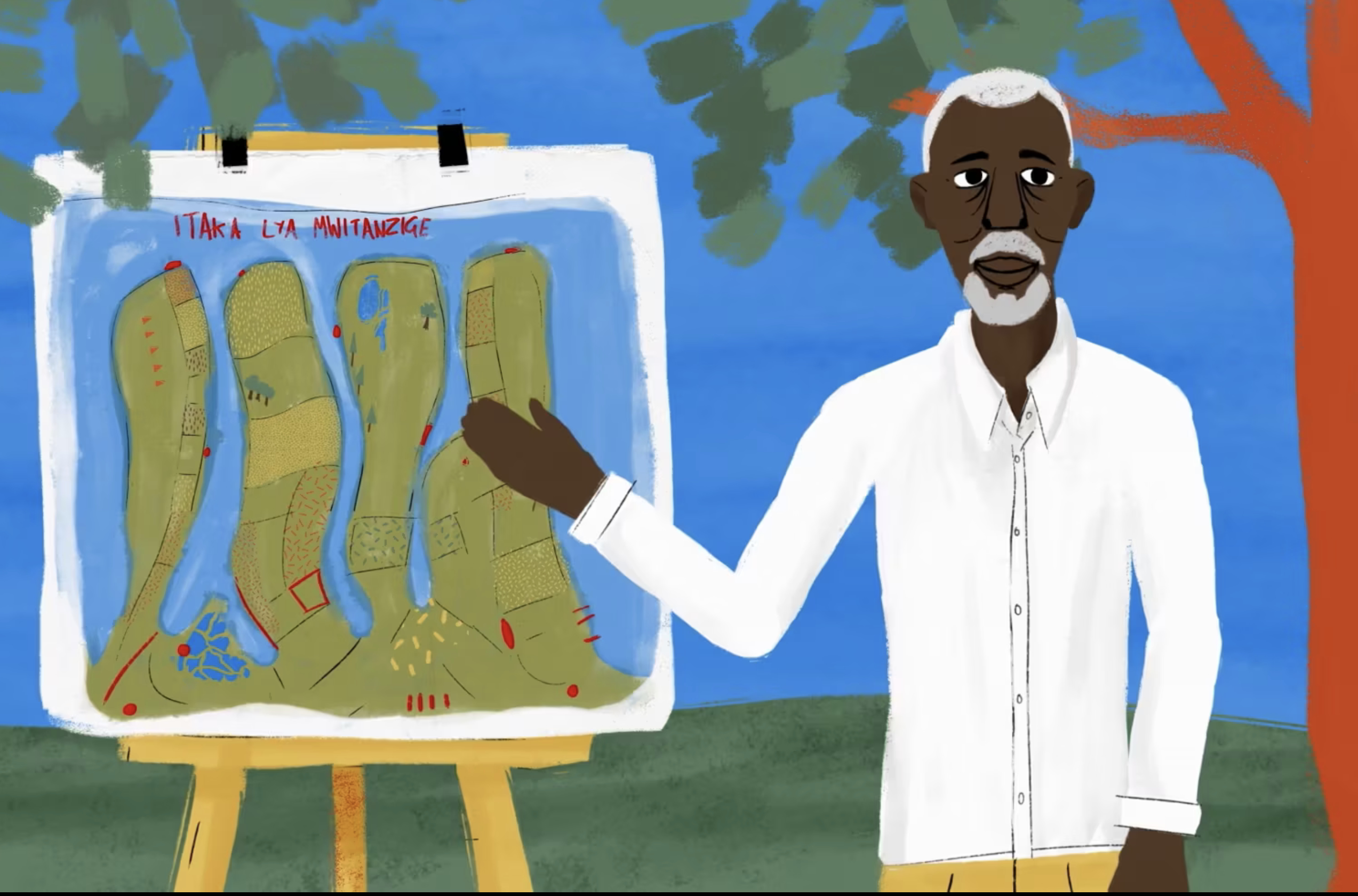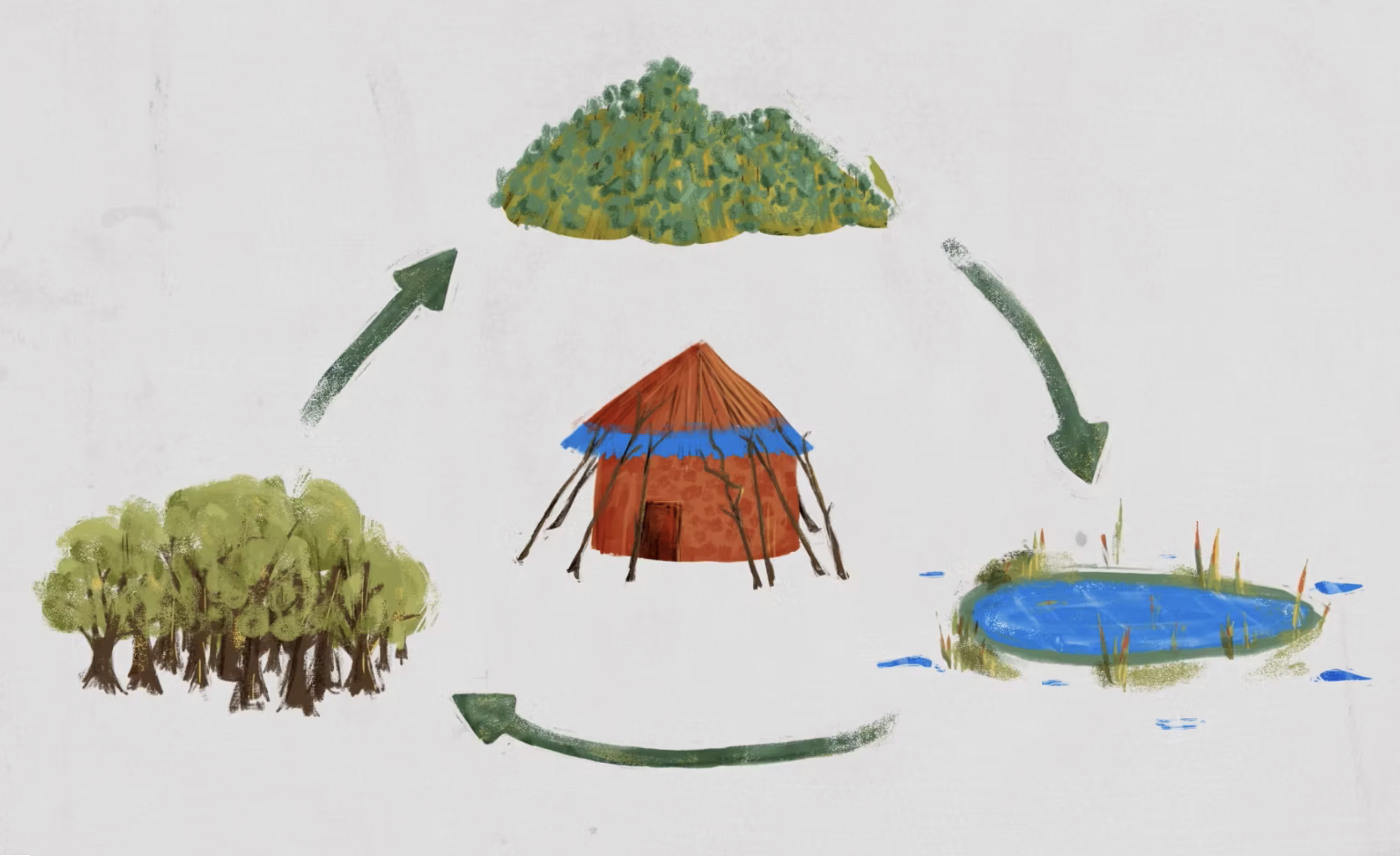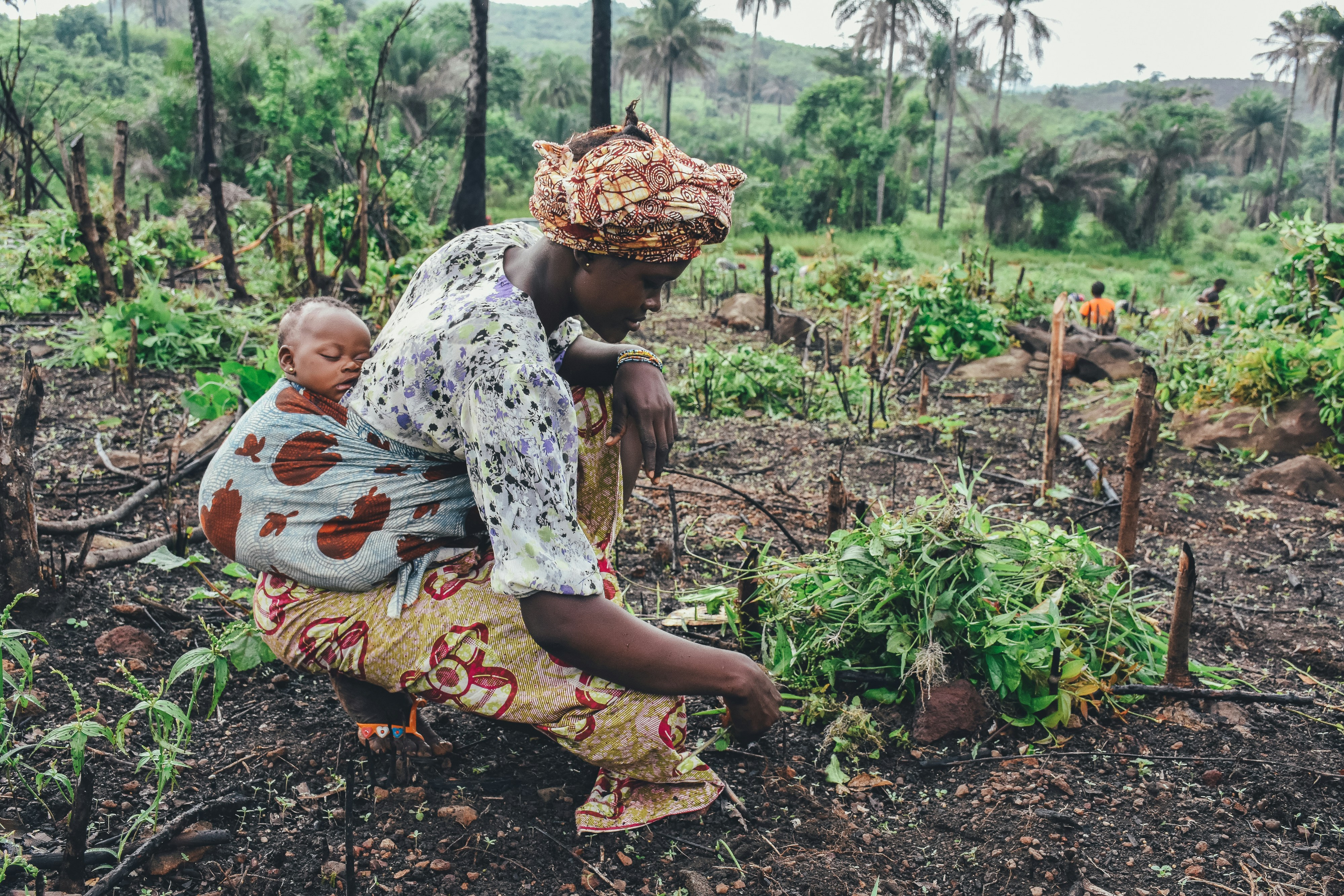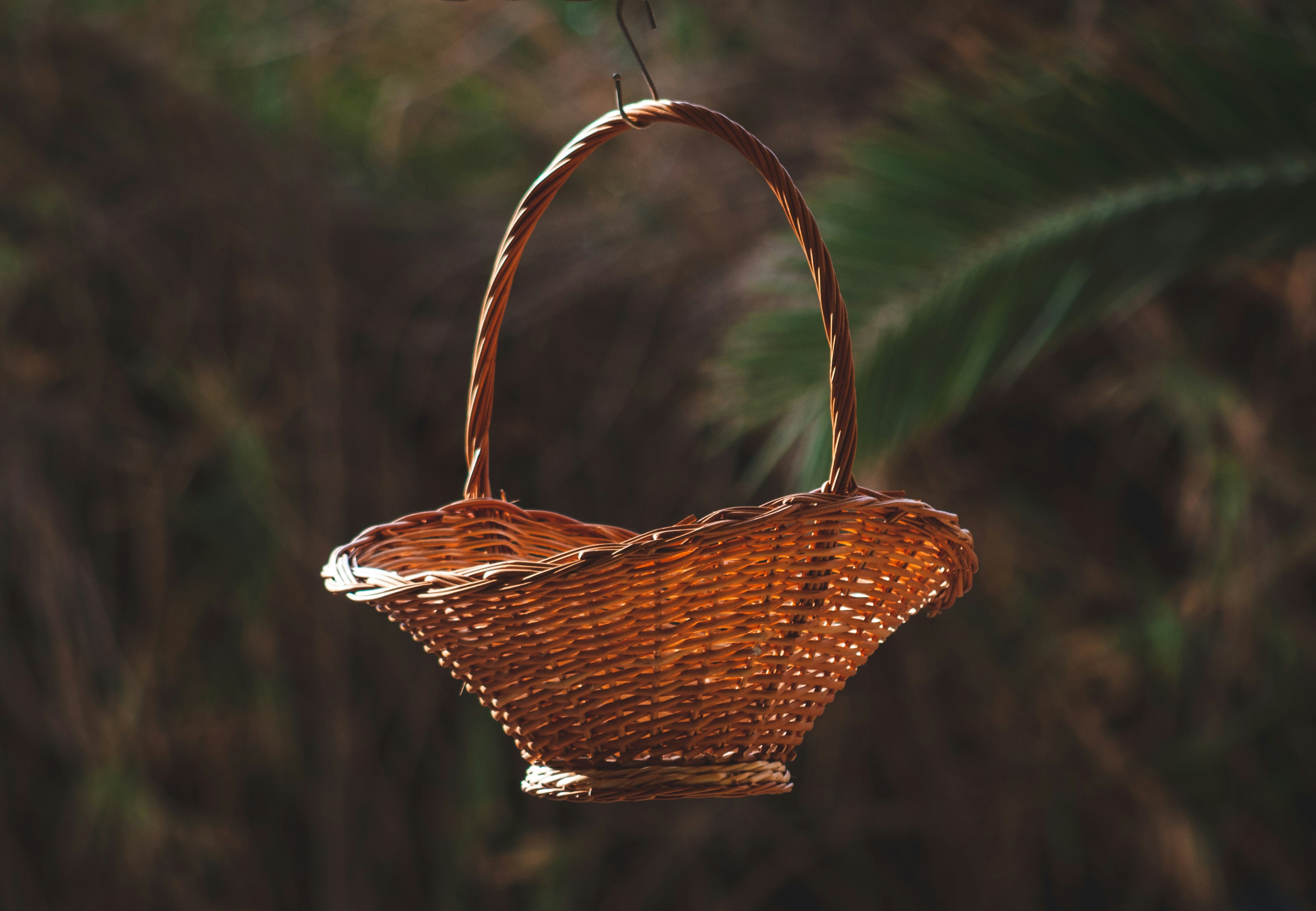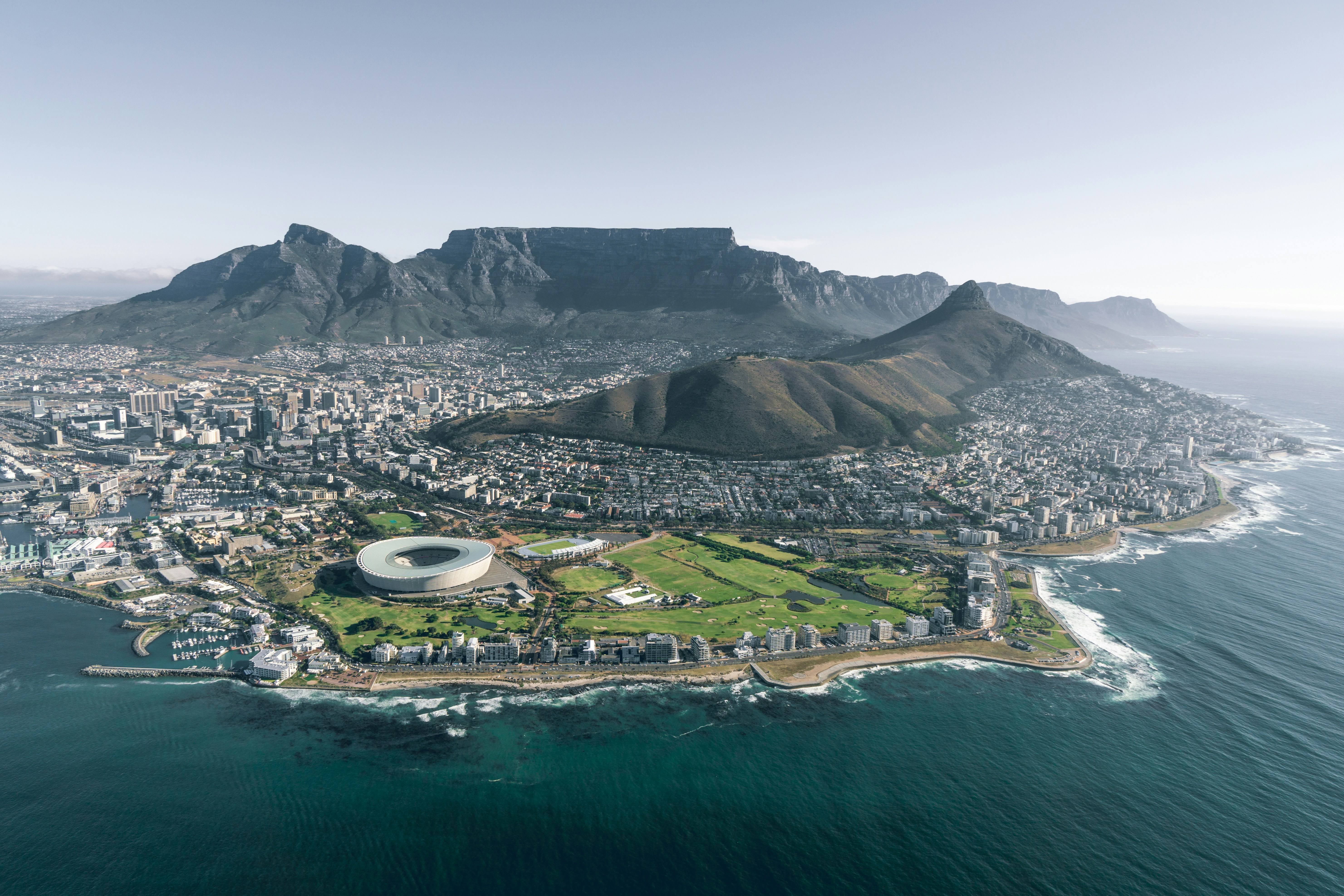Africa: Multimedia
Further resources, if available, can be found in our full bibliography.
CJCM webinar: Advancing Rights of Nature and Human Rights in Africa and Beyond
This CGCM (Climate Crisis and Community Mobilisation) webinar brought together leaders including Lucy Mulenkei (Indigenous Information Network), Pooven Moodley, and Amelia Heyns (Natural Justice) to explore climate justice and the rights of nature in South Africa. Emphasizing Indigenous knowledge and Biocultural Community Protocols, the discussion highlighted legal gaps, enforcement challenges, and the importance of community-led governance. Speakers called for stronger accountability, including legal action after the KwaZulu-Natal floods, and support for recognizing ecocide as a crime. The event urged systemic change and public mobilization to defend ecosystems, uphold Indigenous rights, and build a just response to the climate crisis.
Discovering belonging through Earth Jurisprudence & ritual with Method Gundidza
This podcast episode features Method Gundidza, a former accountant turned Earth Jurisprudence practitioner, who shares his journey of reconnecting with Indigenous wisdom and nature’s intelligence. Through working with elders in Zimbabwe, he helped revive sacred agricultural practices, traditional seed varieties, and rituals like the first fruits ceremony. His story highlights how restoring Earth-centered governance and ancestral knowledge fosters ecological harmony, cultural resilience, and deeper human-nature relationships.
LAND OF BEES – Tharaka, Kenya
The Land of the Bees tells how the Tharakan People, guided by Earth Jurisprudence Practitioner Simon Mitambo, are restoring their ancestral lands through revived beekeeping traditions, traditional dress, and ecological governance. In reclaiming Indigenous practices and caring for bees, they are fostering ecological renewal and self-determination. Their journey offers a hopeful path toward decolonization and environmental healing.
CUSTODIANS OF LIFE – Buliisa, Uganda
This animation tells the story of Dennis Tabaro, a former accountant turned Earth Jurisprudence Practitioner, and the Indigenous Bagungu People of Buliisa, Uganda. In the face of oil extraction threats, they are reviving sacred natural sites, clan governance, and respect for elders. Their journey highlights the power of Indigenous, Earth-centered systems to restore ecosystems and assert self-determined environmental stewardship.
GRAINS OF HOPE – Bikita, Zimbabwe
Grains of Hope shares the story of five communities in Bikita, Zimbabwe, who, guided by Earth Jurisprudence Practitioner Method Gundidza, are restoring Indigenous millet varieties. In doing so, they revive sacred traditions and strengthen their connection to wild ecosystems. This community-led transformation offers a powerful example of food sovereignty, resilience, and cultural decolonization in the face of ecological and climate crises.
Gaarú: The growing African Movement for Earth Jurisprudence
Gaarú is a documentary highlighting African grassroots leaders restoring the bond between culture and nature. Trained through a UN-recognized Earth Jurisprudence program by The Gaia Foundation, these leaders work to revive ecosystems, protect Indigenous seeds, reconnect generations, and restore customary laws that safeguard the environment. The film showcases a growing movement of ecological renewal rooted in African traditions and community leadership.
Reweaving the Basket of Life – African Perspectives of Earth Jurisprudence
Metha Goon Diese of the Earth Lore Foundation shared a Zimbabwean case study on restoring Earth Jurisprudence through Indigenous knowledge. In Vaquita, community elders helped revive millet farming, sacred rituals, and artisanal crafts, renewing ties to nature and cultural identity. As biodiversity rebounded, legal recognition of sacred sites affirmed traditional governance. This restoration model illustrates how reciprocity with nature fosters ecological and social renewal.
Mpatheleni Makaulule on Earth Jurisprudence
Mpatheleni Makaulule, a Venda leader from South Africa, emphasizes the cyclical nature of Indigenous knowledge rooted in lived experience, oral tradition, and harmony with nature. Contrasting it with linear Western education, she highlights how learning in Venda culture mirrors natural and human life cycles. This worldview fosters environmental stewardship, deep intergenerational wisdom, and sustainable living essential for addressing today’s ecological and cultural challenges. Reviving these frameworks reconnects humanity with Earth’s rhythms and ancestral insight.
Photo Credit: Cat001/Pixabay
